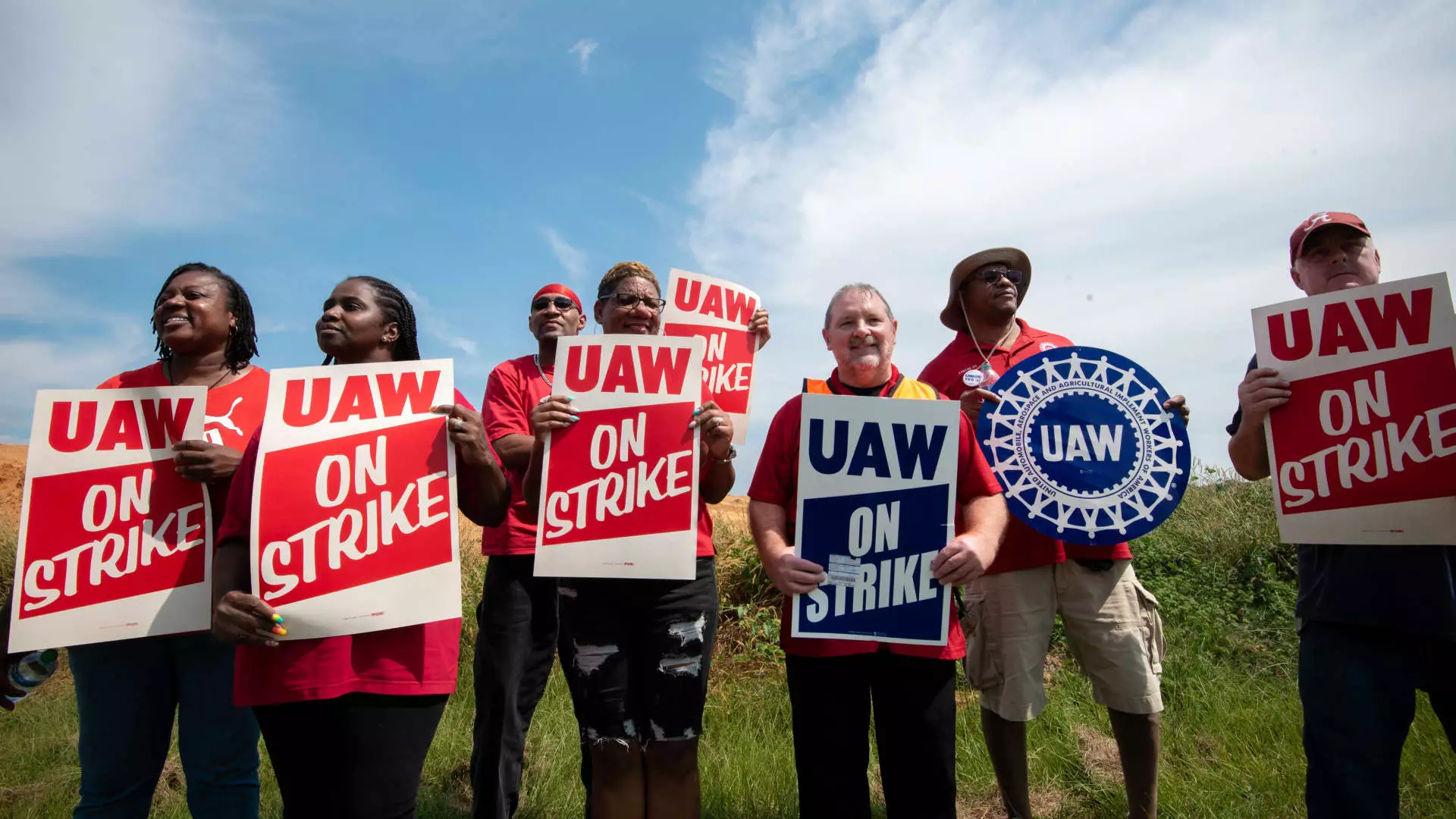Recently, Mercedes-Benz workers in Alabama made a decision that dealt a significant blow to the United Auto Workers’ (UAW) organizing efforts. Despite the UAW’s victory in Tennessee’s Volkswagen plant, where about 4,330 workers were successfully organized, the outcome at Mercedes-Benz was quite different. The National Labor Relations Board revealed that 56% of the eligible workers, amounting to 2,642 individuals, voted against union representation, ultimately rejecting the UAW’s efforts.
The results of the vote, where over 90% of eligible workers participated, are expected to impact the UAW’s ongoing organizing endeavors. This defeat follows an extensive organizing campaign undertaken by the UAW, targeting 13 non-union automakers in the U.S. The union’s recent success in securing favorable contracts with major automakers like Ford Motor, General Motors, and Stellantis seemed to set the stage for further victories. However, the setback at Mercedes-Benz in Alabama has underscored the challenges that the UAW faces in its attempt to expand its reach.
Despite the disappointing outcome, UAW President Shawn Fain expressed resilience in the face of defeat. Fain emphasized that while the results at Mercedes-Benz were not what the union had hoped for, it was crucial to recognize the effort put forth by all involved. He reframed the setback as a mere “bump in the road” rather than a failure, highlighting the determination to press on with the organizing efforts. Fain’s message conveyed a sense of determination and commitment to continue advocating for workers’ rights.
The difficulties encountered by the UAW at the Mercedes-Benz plant in Alabama were anticipated, given the location’s history and unique circumstances. Unlike the Volkswagen plant in Tennessee, where the UAW had previously made attempts to organize workers, Mercedes-Benz posed a greater challenge. Despite the long-standing presence of the Tuscaloosa plant and its substantial production output, the push for union representation faced resistance among the workforce.
The ongoing investigations by the National Labor Relations Board into unfair labor practices at Mercedes-Benz have further complicated the situation. Allegations of disciplinary actions against employees discussing unionization, restrictions on union materials, surveillance of workers, and other prejudicial behaviors have been leveled against the automaker. These accusations, combined with the defeat in the union representation vote, point to a contentious relationship between the company and its workers.
The outcome of the union representation vote at Mercedes-Benz in Alabama highlights the challenges and complexities of labor relations in the automotive industry. While the defeat dealt a setback to the UAW’s organizing efforts, the union remains steadfast in its commitment to advocate for workers’ rights. The ongoing investigations into unfair labor practices underscore the ongoing tensions between labor and management at Mercedes-Benz and other automakers. Moving forward, the lessons learned from this experience will likely inform future organizing strategies and efforts to protect workers’ interests in the evolving landscape of the automotive industry.



Leave a Reply